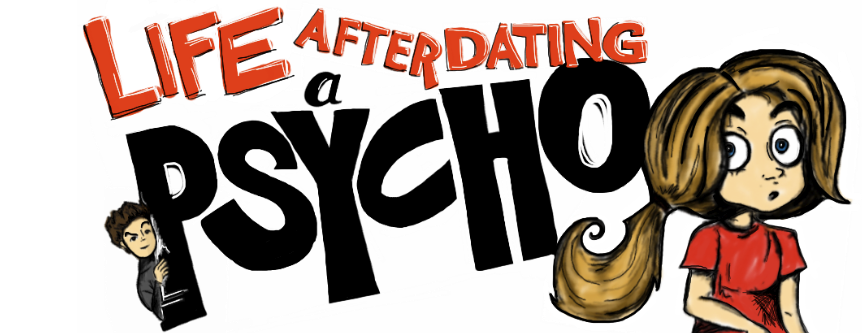"Stupid people should have to wear a sign," comedian Bill Engvall jokes, "that way you wouldn't rely on them, would you? It would be like, 'Excuse me...oops...never mind, I didn't see your sign.' "

As funny as his routine is, it would be nice if Engvall's vision of life was real. How great would it be if people came with signs or warning labels? If abusers were forced to wear a flashing sign that said "I'm an abuser," and psychopaths came with the warning label, "Proceed with caution: I'm crazy," then we would know not to trust them and we wouldn't date them.
Unfortunately, identifying an abuser is not this easy. When I was a teenager and I was stuck in an abusive relationship, it took me a long time to realize that what my boyfriend was doing was wrong. I thought we had a perfect relationship; the abuse started so slowly and so subtly that I didn't know it was abuse until it was too late.
Abusers aren't dressed up in dark, scary clothing. They don't look like the villains we see in children's movies or books. Instead, they are often charming. They can be the life of the party; funny and popular. One of the scariest parts about abusers is how hard they can be to identify. As a teenager, it can be even harder to identify an abusive relationships because you are new to the world of dating .
There are several things you can keep an eye out for in relationships. The sooner you pick up on red flags the better your chances of getting out of an unhealthy relationship before it is too late.
- A history of being abusive in previous relationships. As sweet and nice as a person is, if they have a history of being abusive, they will likely repeat their abusive pattern. It is questionable whether or not abusers can change, even with intense psychotherapy. More often than not, even if an abuser goes through periods of time when they are not abusing you or someone else, they will do it again.
- Quick Involvement or a tendency to move quickly. Saying I love you right away, becoming serious after a short amount of time, pushing you to do things sexually before you are ready.
- Undpredictable mood swings or Explosive Anger. Does he get overly angry at minor things? Or switch from extremes of fawning over you to putting you down?
- Alcohol and drug use. Does your partner's personality change after they have been drinking? Does he/she have trouble stopping once they have started drinking?
- Cruelty toward animals or children. Big red flag. This is one of the biggest signs that someone is a psychopath.
- Belief in rigid sex roles. Things like ‘women should be seen and not heard.’ In teenagers, this is usually seen in gender slurs or sexist behavior, calling girls ‘bitches’ or ‘sluts’ or saying things like ‘boys will be boys.’
- Extreme jealousy or hypersensivity. Does the person get jealous of platonic friends, or any other person you spend time with? Does he/she exaggerate situations or make you feel guilty even when you have done nothing wrong.
- Controlling behavior. Does he/she always have to decide plans? Does he/she tell you what you can and cannot wear? Or who you are allowed to talk to?
- Attempts to isolate you from your friends of family. Abusers often try to turn you against friends or family, or make you feel guilty for spending time with other people. This makes you dependent on them.
- Use of force or aggression when in an argument or threats of violence. Hitting, pushing, slapping, kicking, biting….none of this is ok. If your partner hurts you, no matter how sorry he may be later, it is abuse and it is against the law. Threatening to do these things is also not ok.
- Blames others for problems or feelings, inability to take responsibility. Abusers try to make you think that everything is your fault. They “don’t want to hurt you,” or they “didn’t mean to hurt you,” but it is “never their fault.” They can make you feel like you are the crazy one. They often make you feel as if you did something to deserve the abuse.







No comments:
Post a Comment